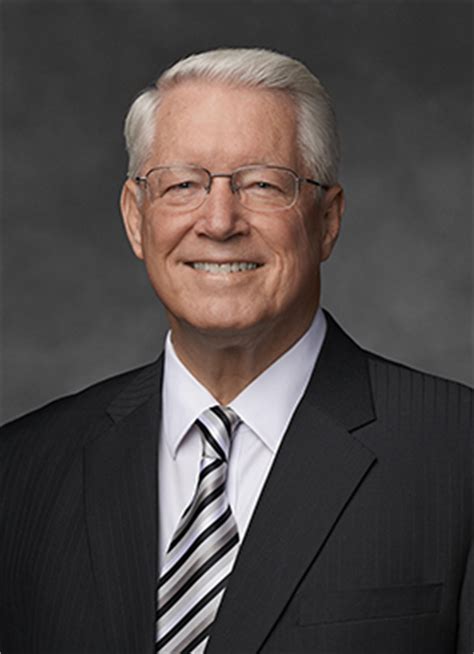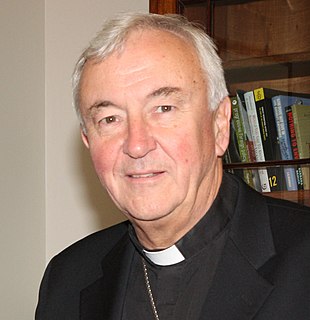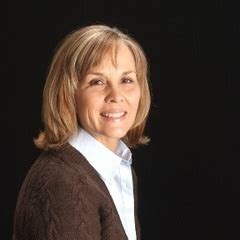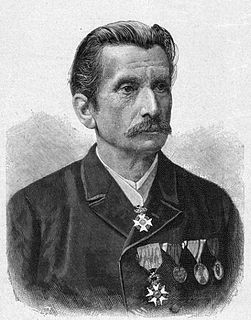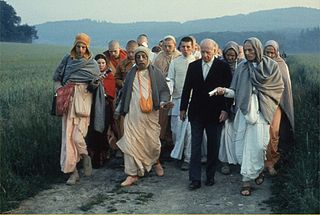A Quote by Anais Nin
Our psychological reality, which lies below the surface, frightens us because it endlessly surprises us and drives us in a direction which society's rules and organizations define as wrong or dangerous.
Related Quotes
Dialogue is a space where we may see the assumptions which lay beneath the surface of our thoughts, assumptions which drive us, assumptions around which we build organizations, create economies, form nations and religions. These assumptions become habitual, mental habits that drive us, confuse us and prevent our responding intelligently to the challenges we face every day.
Essential to our personal faith and development is the unmistakable knowledge that our Father and our Savior want us to succeed. They want us to return to Their presence. Because of Their love for us, They have given us resources to obtain comfort, direction, and strength for our journey home. I speak of prayer, the wonderful and sublime ability to communicate and share our concerns with the Father; the Holy Spirit, which will enlighten and comfort us; and the words of the prophets, both ancient and modern. These resources give us understanding and direction in dealing with our challenges.
That reality is 'independent' means that there is something in every experience that escapes our arbitrary control. If it be a sensible experience it coerces our attention; if a sequence, we cannot invert it; if we compare two terms we can come to only one result. There is a push, an urgency, within our very experience, against which we are on the whole powerless, and which drives us in a direction that is the destiny of our belief.
Love knows no virtue, no profit; it loves and forgives and suffers everything, because it must. It is not our judgment that leads us; it is neither the advantages nor the faults which we discover, that make us abandon ourselves, or that repel us. It is a sweet, soft, enigmatic power that drives us on. We cease to think, to feel, to will; we let ourselves be carried away by it, and ask not whither?
We forgive, if we are wise, not for the other person, but for ourselves. We forgive, not to erase a wrong, but to relieve the residue of the wrong that is alive within us. We forgive because it is less painful than holding on to resentment. We forgive because without it we condemn ourselves to repeating endlessly the very trauma or situation that hurt us so. We forgive because ultimately it is the smartest action to take on our own behalf. We forgive because it restores to us a sense of inner balance.
There is something else which has the power to awaken us to the truth. It is the works of writers of genius. They give us, in the guise of fiction, something equivalent to the actual density of the real, that density which life offers us every day but which we are unable to grasp because we are amusing ourselves with lies.
We live in a society which is heading in one direction, so it's good to have at least a few friends who share the same values and can encourage us and help us to remember that we're not alone or peculiar, but that what we're doing is a very valid way of life. This will encourage us to put the Dharma at the centre of our life and not the periphery, to use our daily life as our Dharma practice.
When we are in love, our love is too big a thing for us to be able altogether to contain it within ourselves. It radiates towards the loved one, finds there a surface which arrests it, forcing it to return to its starting-point, and it is this repercussion of our own feeling which we call the other's feelings and which charms us more then than on its outward journey because we do not recognise it as having originated in ourselves.


